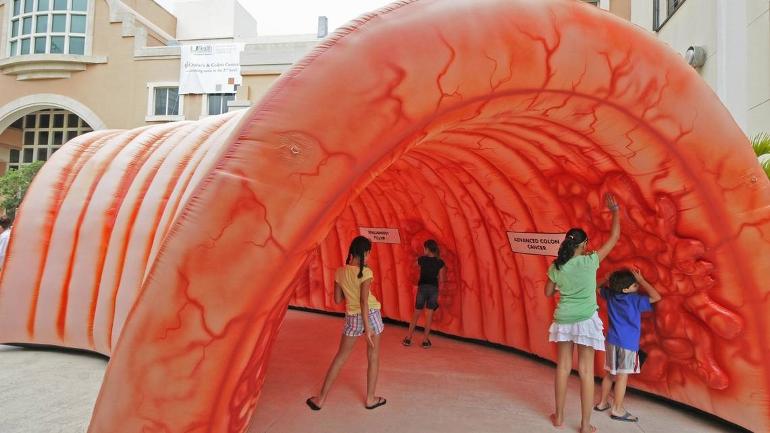A plagiarised version of an article by Dave Barry, published in the Miami Herald in 2008, appeared in one of my newsfeeds recently. I thought I'd share it here, as the message for 50-74 year-olds: screen yourself for colorectal cancer, is as relevant today as it was fifteen years ago. Those of us with weakened immune systems and at increased risk of secondary cancers should need no further encouragement.
There's also an introductory video to virtual colonoscopy, aka CT colonography, a less invasive and less costly alternative to colonoscopy as a screening tool for people who are not already in a high-risk group for colorectal cancer. Since the UK guidelines for periodic screening by colonoscopy have been re-written, raising the bar so as to exclude many people previously classed as high-risk, screening with NHS colonography is a possibility individuals might explore.
But the main reason to read Dave Barry's article is that IT'S HILARIOUS.
miamiherald.com/living/liv-...
If the above link takes you a paywall, try googling Dave Barry colonoscopy and the same link should be top of the list. Some times you have to sneak in by the main entrance!
Anyway, the virtual colonoscopy video is on
